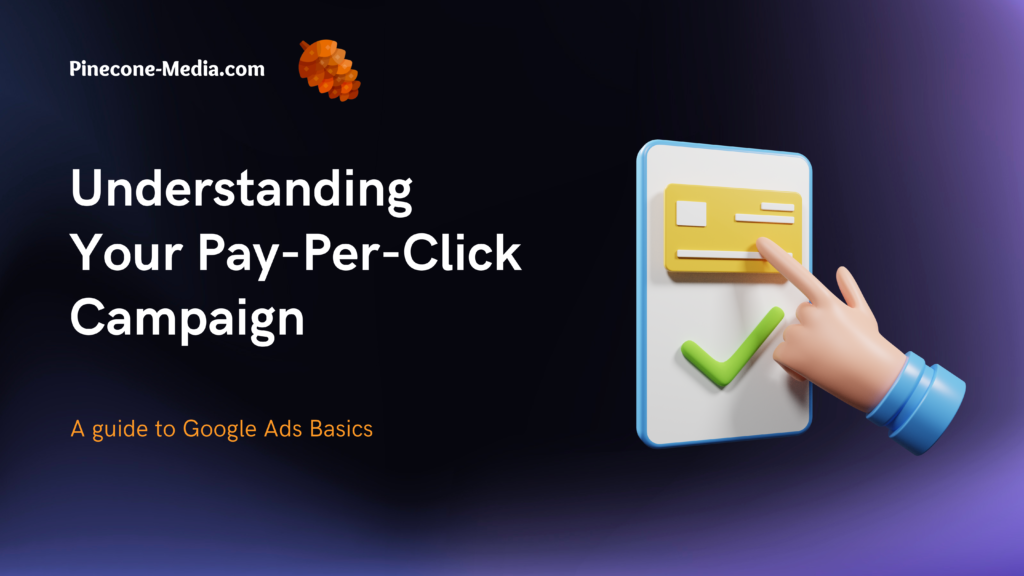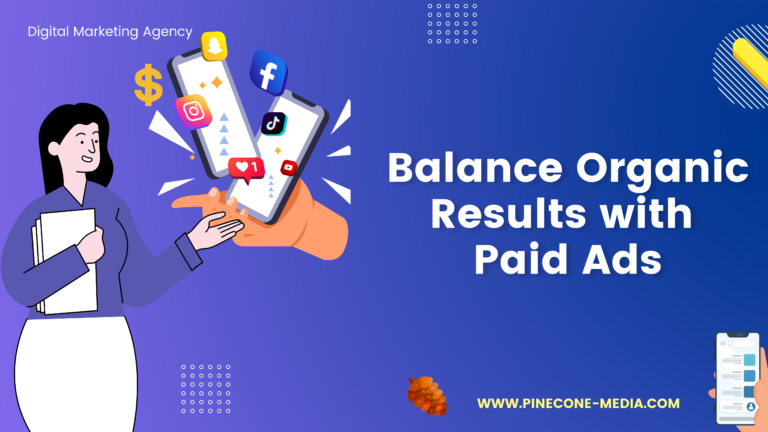Introduction
PPC is the best way to get your products and services in front of a new audience, but it can be daunting if you don’t know where to start. That’s why we’ve compiled some tips on how you can create an effective PPC campaign that will really get results for your business.
Defining Goals and Budget
As you set up your campaign, remember that it’s important to define your goals before you start. Set ambitious but realistic targets and make sure they are measurable.
If you’d like to lose weight, for example, you could set a goal of losing 5 pounds per month for the next six months. This way, each month when it’s time to review your progress, you can see whether or not everything has gone according to plan—or if adjustments need to be made. Marketing can be thought in the same way.
Competitor Analysis
Knowing your competition is a critical part of managing a successful campaign. Understanding the strategies and weaknesses of your competitors allows you to plan for a better strategy and ultimately win customers.
Here are some things you should consider:
- What keywords do they bid on? A look at their landing pages can provide insight into what keywords they are bidding on, but if they are getting clicks in the search results without being based on any keyword at all, this will be harder to determine.
- How much is each competitor paying per click? By knowing how much each competitor is willing to spend on PPC ads, you can see where there might be an opportunity in the market for yourself if any of them appear vulnerable or not spending enough money on Google AdWords campaigns.
Keywords Research
Keywords research is the most important step in your pay-per-click campaign. Keywords are the words people type into search engines to find what they are looking for. They are also the foundation of your pay-per-click campaign and you need to find out which keywords will work best for your business.
Defining account structure
Now that you have an idea of what your goals will look like, it’s time to define the different components of your PPC account.
- Account structure: Define which campaigns make up your organization’s overall strategy at both a high level (what types of ads do we want to run?) as well as at a low level (which keywords go into which ad group?). Remember that while actual campaign names don’t matter much when you’re starting out with PPC campaigns—you can always rename them later—you should still come up with naming conventions ahead of time so that no two ad groups are named “Lakers tickets.” It’s best practice not only when creating new campaigns but also when adding new products or services over time; having consistent naming conventions makes life easier down the road!
Effective Ad Text
To attract customers, your ad text needs to be relevant and easy to read. It should also have a strong call-to-action that urges visitors to take action on the advertised product or service.
The best way to craft effective ad text is by keeping things concise and clear. The easier it is for your potential customers to understand what you’re offering, the better chance you’ll have at converting them into paying customers!
As an advertiser in the pay per click world, it’s important that you avoid writing misleading or false claims about your products or services because this will ultimately hurt both your reputation as well as Google’s trust in what you are advertising on their platform.
PPC landing pages optimization for conversion
The landing page is the first impression of your brand and product. If you have a well-designed landing page, it will convert visitors into customers. It should answer questions that the visitor might have about your product or service.
Good PPC landing pages are designed around keywords, but the content on them should be unique from other pages on your website or blog. The goal of a good PPC landing page is to convert as many people as possible who click on an ad, not just get them to visit your website in general.
Identify Negative Keywords
Negative keywords are used to exclude certain words, phrases and broad match terms from your campaign. For example, if you sell shoes online, it would be unwise to use the keyword “shoes” in your ad because that search query can include people looking for tennis shoes or sandals. In this case, you would want to add “tennis shoes” and “sandals” as negative keywords.
Increase ROl
The return on investment, or ROI, is the ratio of revenue to cost. It’s calculated by dividing revenue by cost. For example, if your campaign costs $1000 and brings in $2000 of business, your ROI is 200%. While this may seem like an odd way to measure success (after all, what’s wrong with making more money off of your ad spend?), it’s an important metric for marketers because it helps them determine whether it’s worth continuing their ad campaigns or not.
Campaign Management and Report
Campaign management and reporting are the most important parts of a pay per click campaign. Campaign management helps to optimize your PPC campaign by performing tasks such as setting up ad groups, writing ads, and adjusting bids. Reporting will help you measure the success of your campaign by helping you track metrics like clicks, impressions, CTRs etc. These tools help improve ROI (Return on Investment).
Conclusion
PPC can be a very rewarding advertising channel if you put in the right amount of time and effort. It takes time to build your campaigns and analyze the data correctly, but eventually it will pay off.

Signup for FREE Website Audit!
Contact us today for a complementary digital marketing consultation: info@pinecone-media.com
Website: https://pinecone-media.com




